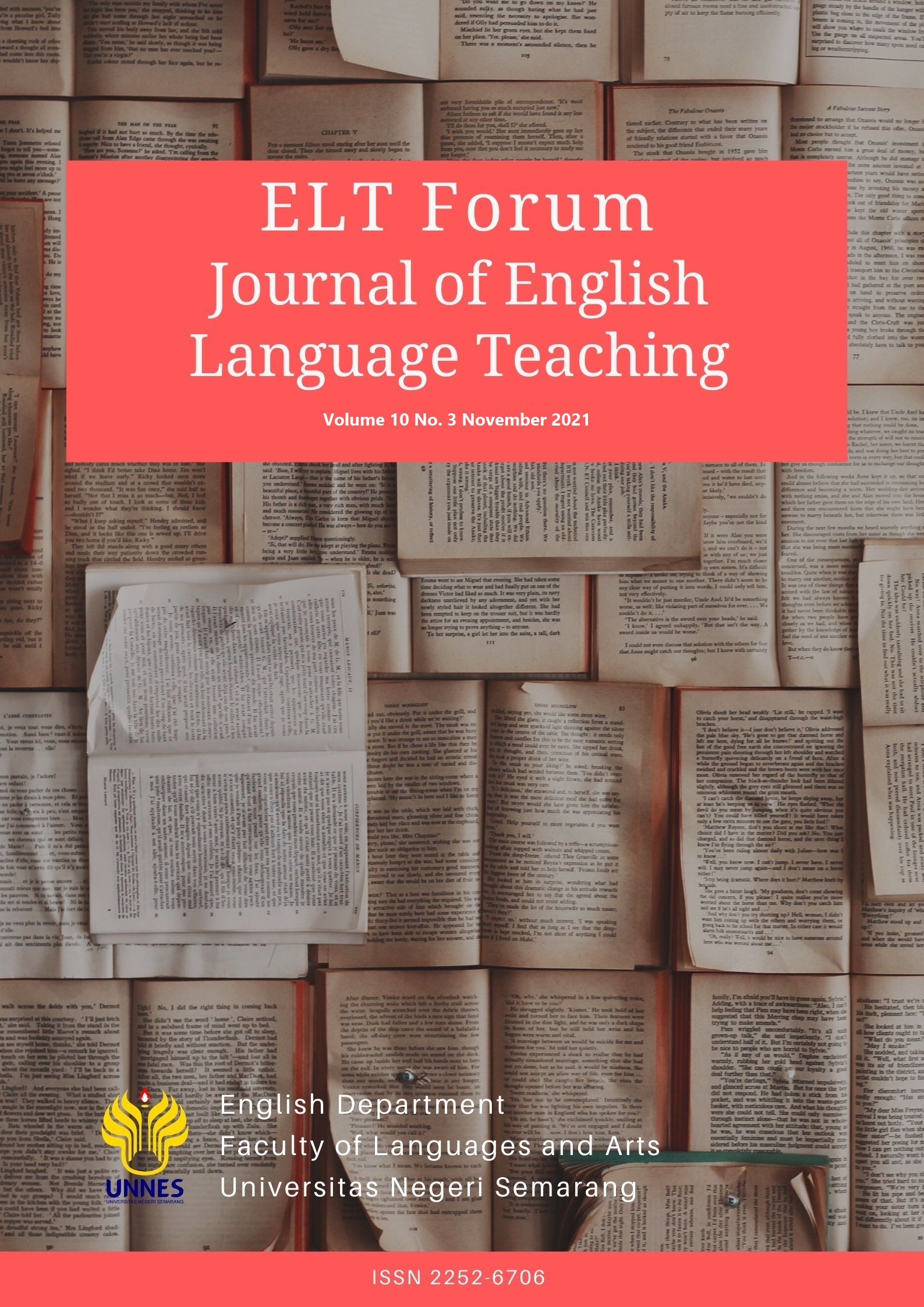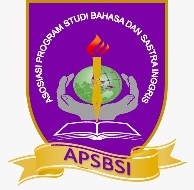Teachers’ conceptions of English assessment in International Baccalaureate Curriculum – Secondary Level
Abstract
Assessment as an essential part of teaching and learning might be perceived differently by teachers, whereas teachers' conception of assessment influences strategies and implementation of assessment. The International Baccalaureate curriculum is one of the international curricula widely used with its own assessment principles and implementation. This research aims to explore how teachers in IB secondary schools perceive English assessment in IB curriculum. By implementing a mixed-method approach, six teachers from five different IB secondary schools and two teachers from one IB secondary school participated in the questionnaire and interview. From the data, this research revealed that teachers perceive English assessment in IB curriculum as a valid and reliable means to improve teaching and learning, school accountability, and student accountability. The teachers also believe IB curriculum objectives have been well embedded in the English assessment process. Although the teachers have a positive perception of the assessment process in IB curriculum, several challenges are found, primarily in giving an authentic and personalized assessment. To solve the challenges, the teachers collaborate and share about the assessment practices they conducted in classes. Further research can be done to explore the perception of English assessment in IB curriculum from the students' point of view.



_.jpg)
_.jpg)




